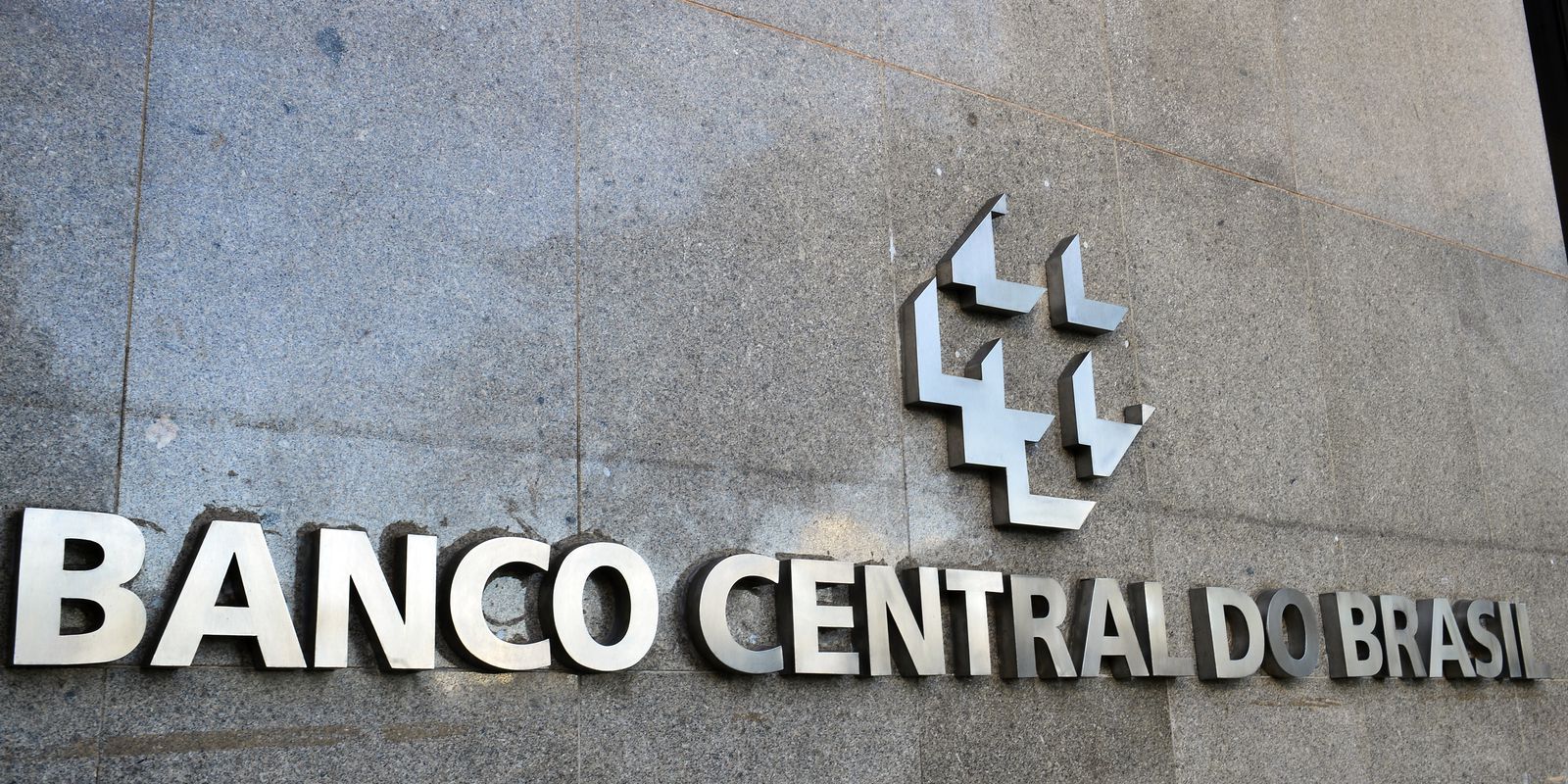Bond issues in Brazil are equivalent to 135% of the Gross Domestic Product (GDP, the sum of all goods and services produced in the country). According to the Central Bank (BC), the volume is significant and, despite the issuance of private securities is growing, the issuance of public securities is predominant.
According to statistics released by the BC, which are part of the Banking Economy Reportin Brazil, in December 2021, public bond issues corresponded to 88% of GDP, while private bonds represented 47% of this total.
Debt securities are securities issued by companies or governments with the objective of raising funds for investments or for carrying out their activities. Within the federal government, for example, one of the sources of fundraising is the Direct Treasury, created in 2002 to popularize such investments and allow individuals to purchase government bonds directly from the National Treasury.
This Thursday (6th), the BC will release the entirety of the 2021 Banking Economy Report. Just like today, last week, the BC has already advanced some information boxes, which are excerpts with special studies within the document. O credit market during the covid-19 pandemic and emissions from sustainability related titles were the topics dealt with by BC in the boxes.
Debt securities statistics will be released quarterly in the Time Series Management Systemin the item Financial and capital markets – Securities Statistics.
Inventory
In December last year, the stock of debt securities issued by residents in the country totaled R$ 11.7 trillion (135% of GDP). Of this total, 65% (R$ 7.6 trillion) were issued by the general government; 29% by financial companies (R$3.4 trillion), of which 27% by other deposit companies and 2% by other financial companies and insurance companies; and 6% by non-financial corporations (R$752 billion).
Issues in the domestic market are predominant in the stock of securities, corresponding to 96% of the balance, in December 2021. Among issues in the international market, non-financial corporations have the most significant share of securities issued abroad (12% of its stock), followed by financial companies (5%) and the government (3%).
According to the BC, in December 2021, as well as throughout the series, most bonds have an issue maturity of more than two years. The financial corporations sector is the one with the highest share of securities with shorter maturities.
“Throughout the series, there is an increase in the term of securities issued by non-financial corporations (99% of the balance classified as long-term in December 2021, compared to 97% in March 2018), relative stability in terms of government issues (98% long-term compared to 99% on the same dates) and a reduction in the terms of funding from financial companies (79% long-term in December 2021, compared to 83% in March 2018)”, says the document.
Most private securities (financial and non-financial corporations) are indexed to the basic interest rate (Selic). In the balance of issues of non-financial corporations, the share of instruments indexed to inflation is increasing. For government bonds, segmentation by indexes is in line with fiscal policy and is less concentrated.
In the classification by reference currency, bonds in local currency predominate: 96% of the balance issued by all residents, in December 2021.
holders
In December 2021, the stock of securities in the portfolios of resident holders reached BRL 12.3 trillion (141% of GDP). Of this total, 86% (R$10.6 trillion) were issued by residents (in the domestic market) and 14% (R$1.7 trillion) by non-residents (in the international market).
The main holders of public securities are monetary investment funds (36% of the total), followed by the BC (securities intended for the implementation of monetary policy, 30% of the total) and by other deposit companies, 23% (mainly banks). As for private securities (issued by financial and non-financial corporations), the main holders are non-financial corporations and households.
Of the securities issued by non-residents, most are included in international reserves (R$ 1.6 trillion). The remaining balance (R$ 54 billion) corresponds to securities acquired abroad by units residing in Brazil, mainly financial companies, followed by families and monetary funds.
The Central Bank has recently started to produce debt securities statistics, following the international methodological standard defined in the Handbook on Securities Statistics. According to the institution, the new statistics are in line with international initiatives for the production and dissemination of data, expand the information available on the securities market and contribute to a more complete view of fundraising instruments in Brazil.

















